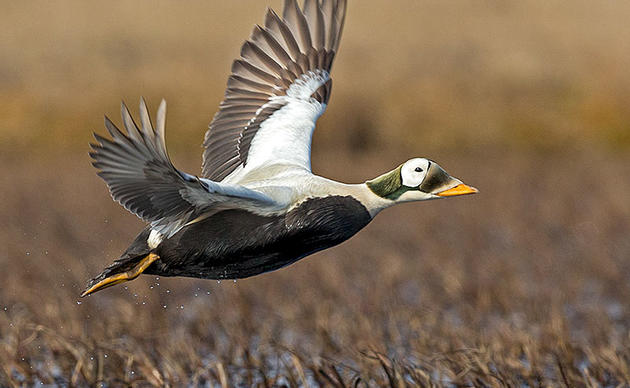
In response to a lawsuit opposing the controversial Pebble Mine project in Alaska’s Bristol Bay, the Environmental Protection Agency (EPA) said it would use its authority under the Clean Water Act to stop the project and restore protections for Bristol Bay.
As you may recall, the proposed Pebble Mine would be one of the world’s largest open-pit gold mines if completed. The project would dig a 1-mile wide, 1-mile long, and 200m deep mining pit in the heart of spawning salmon and breeding bird habitat along southwest Alaska’s Bristol Bay. Last year the Army Corp of Engineers denied the first major permit needed to move forward with the Pebble Mine. The permit denial was an important first step. But because permits can be modified and applicants can re-apply for permits, Bristol Bay was still vulnerable to the changing whims of agency decisions. That’s why local Tribes, commercial fishermen, sportsmen and outdoor recreationists, conservationists, and millions of Americans have been calling for permanent protections for this special place. This announcement means that the EPA is about to take the necessary next step, which is to reinstate Clean Water Act protections that were scrapped during the last administration.
Audubon Alaska has recognized the global importance of Bristol Bay for many years. It is home to millions of seabirds and the world’s largest sockeye salmon fishery. It also connects communities through its web of tributary rivers—communities that have lived on the land for generations. Even without the Pebble Mine, Bristol Bay, like the rest of Alaska, is vulnerable to climate change threats that include warming temperatures and precipitation changes. It is one of the most at-risk places in Alaska. Protecting Bristol Bay now gives the region the best chance for adaptation and resilience in the face of a climatically uncertain future.
Audubon stands with Alaska Native Tribes, commercial fishermen, bird lovers, wildlife enthusiasts, and millions of advocates speaking in a unified voice recognizing that this place deserves protection now and for our future. We look forward to the next step in this journey to permanent protections for Bristol Bay.




